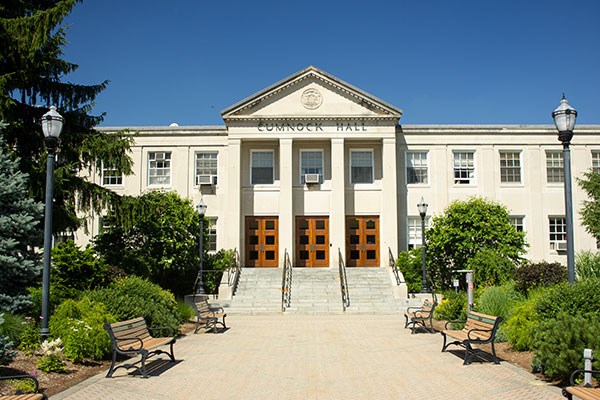
11/03/2015
Boston Globe
By Felicia Gans
With the college application season in full swing, the University of Massachusetts Lowell and Salem State University have joined a growing list of colleges that will no longer require applicants to submit SAT and ACT scores.
Officials at the two colleges say dropping the requirement will allow them to better evaluate applicants holistically. The changes took effect for students applying for fall 2016.
“If you’re going to admit students who are going to succeed at an institution, what is the significance of a test?” asked Bonnie Galinski, assistant vice president for enrollment management at Salem State. “We really wanted to look at the quality of work that a student is doing in the classroom.”
At Salem State, which alerted guidance counselors of the change Oct. 23, administrators said the application review process might take longer without test scores to consider. But they say the extra work is worth it.
Earlier in October, UMass Lowell launched a pilot program for its test-optional application. Administrators plan to monitor the system over the next year and decide whether to continue it. In an e-mail to guidance counselors, Kerri Johnston, the school’s director of admissions, said Monday that the college had closely analyzed its enrollment policies.
“What we have learned — and that you may have known for a long time — is that we were turning away some great students whose standardized test scores did not reflect their ability to succeed,” Johnston said.
Officials at both universities say test-optional applicants will be required to submit additional application materials.
The two colleges join a pool of more than 800 test-optional schools across the country, including 35 in Massachusetts, according to the National Center for Fair and Open Testing, a Boston-based watchdog group. Among the local schools are Brandeis University, Berklee College of Music, and Emmanuel and Stonehill colleges.
“For many years, the test-optional movement was viewed as something that only small, highly resourced liberal arts colleges could pursue because they had the time and money to look at applicants holistically,” said Bob Schaeffer, the center’s public education director.
But the stigma is shifting, Schaeffer said. In the past year, about 30 US schools have gone test-optional, he said.
Schaeffer attributes the surge to an increased understanding that testing is a teachable skill, one that analysts say benefits students who can afford expensive test prep.
“Knowing that it’s not required at an increasing number of schools, kids have the power of choices,” he said. “The test-optional movement empowers students to be able to put their best foot forward in the admission process and not have one bad test score branded on their file forever.”
